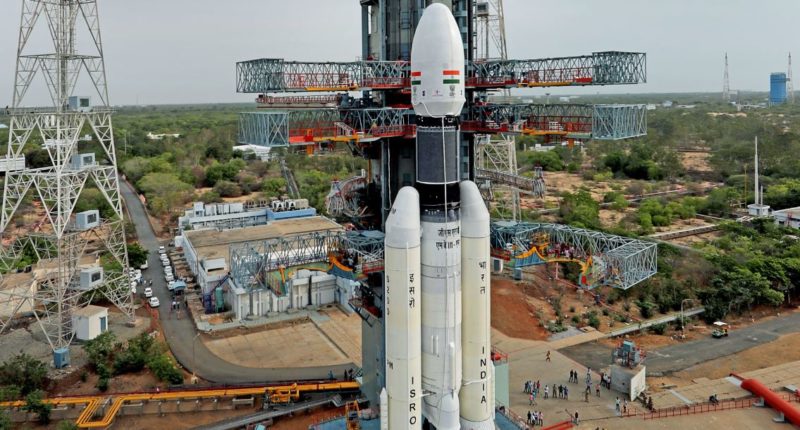Indian Space Research Organisation (ISRO) has managed to not only thrive with limited budget and manpower, but excel. The space agency has launched historical launches, and become one of the fastest growing advanced space organisation around the world. However, with this expansion has come the urgent need for backing and capital, so that the company can organisation doing what it does best. As a solution, Nirmala Sitharaman, India’s Finance Minister, announced today, the entry of private sector into India’s space race.
The announcement, which came as the 4th part of India’s Rs. 20 lakh crore (~$265Bn) relief fund for fighting COVID 19, would now enable private companies to access ISRO’s infrastructure, and “provide a level playing field in satellites, launches and space-based services,” one of the biggest goals of the partnership.
She started by saying, “India has the benefit of an extraordinary institution like the ISRO. ISRO has brought the country many laurels; however, today the private sector is also doing a lot of work in the space arena and a lot of individuals and start-ups have spent a lot of time developing space-related technology but unfortunately due to Indian regulations, they are unable to use ISRO’s available facilities for even testing their products.”
The partnering companies will also be provided predictable policy and regulatory environment, so as to encourage their partnership. “We want them to co-travel with us, which is why the private sector is being encouraged,” Sitharaman said. ISRO later tweeted about the same:
Department of Space will follow Government guidelines and enable Private players to carry out space activities in the country.
— ISRO (@isro) May 16, 2020
She also elaborated on the scope of the partnership from the private sector’s end, saying they would become a part of “future projects for planetary exploration, outer space travel” etc.
Finally, she also promised a liberal geospatial data policy for providing remote sensing data to tech entrepreneurs. She said that there is a lot of geo spatial data available in India but entrepreneurs had to import it from outside the country, due to the restrictions that were in place. This made the cost rise, even though the data helps India itself.
This partnership will be beneficial for both parties. Where on one hand it will allow private sector to use ISRO’s capabilities, it will also solve ISRO’s shortage of capital and manpower, something that has been hinted on from quite some while. As the demand for the launch of satellites has been increasing every year, ISRO has found itself in a tight spot, budget wise. With the private sectors involvement, ISRO stands a chance to compete with the likes of NASA and SpaceX.
The Tech Portal is published by Blue Box Media Private Limited. Our investors have no influence over our reporting. Read our full Ownership and Funding Disclosure →






